Sudan’s military, PM Hamdok sign deal to end political crisis in country
Sudan’s military leaders and ousted Prime Minister Abdalla Hamdok have signed a deal to bring the latter back to power as the head of a cabinet of technocrats nearly a month after a much-condemned military coup dissolved his government.
More than two years ago, massive anti-government demonstrations, mostly over deteriorating economic problems, hit Sudan, with protesters, mostly the youth, demanding the resignation of then President Omar al-Bashir.
Bashir was ultimately deposed through a military coup following months of protests in April 2019, after ruling over the country for three decades. In August the same year, a governing council comprised of civilian and military leaders, was founded to run the country.
The transitional civilian-military administration, Sudan’s highest executive authority, is tasked with leading the country to free and fair multiparty elections.
However, a military coup, led by Sudan's military chief and de facto leader, General Abdel Fattah al-Burhan, was staged on October 25 that dissolved the fragile government. Hamdok was detained and put under house arrest in a move that infuriated the Sudanese and sparked international outcry, including from the UN Security Council. Other civilian leaders were also held in military detention.
On Sunday, the Burhan-led junta and Hamdok signed a deal, according to which he will continue his career as Sudan’s prime minister, all political prisoners detained during the coup will be released, and a 2019 constitutional declaration be the basis for a political transition.
The details of the deal were read out on Sudan’s state television.
The new deal was reached following an agreement among Sudanese political factions, ex-rebel groups, and the military leadership.
“I know our youth have the capacity for sacrifice, determination and giving up all that is precious. But Sudanese blood is precious, let us stop the bloodshed and direct the youth's energy into building and development,” Hamdok said, stressing that the deal with military leaders aims to restore Sudan’s democratic transition.
The deal's announcement came as pro-democracy activists geared up for mass protests to denounce the coup and the ensuing deadly crackdown that have reportedly left at least 40 people dead.
Earlier on Sunday, police fired tear gas canisters in a bid to disperse protesters as they approached the presidential palace, where the deal was later inked.
'Treacherous deal'
Separately on Sunday, the Sudanese Professionals Association (SPA) rejected the deal, lambasting it as being “treacherous.”
“The treacherous agreement signed today between Hamdok and al-Burhan is totally rejected and concerns only its parties,” the pro-democracy group said in a statement, calling for protests to continue on Sunday.
The SPA is an umbrella of 17 different unions that were instrumental in the months-long demonstrations that led to the ousting of Bashir.
A number of other resistance committees that have been organizing protest rallies also issued statements rejecting any deal with the coup leaders.
The Forces of Freedom and Change (FFC) civilian coalition, which had been sharing power with the military, said for its part that it did not recognize any agreement with the military leaders.
“We affirm our clear and previously announced position: no negotiation and no partnership and no legitimacy for the putschists,” the FFC said in a statement.
After the deal was signed, some protesters shouted slogans against Hamdok, saying, “Hamdok has sold the revolution.”
The signing of the deal came just a day after protest rallies were staged in capital Khartoum against the military takeover. Protesters erected barricades and set tires on fire.
In recent weeks, the military has been mounting a harsh crackdown on protesters, who have been taking to the streets after Sudan’s main opposition coalition called for civil disobedience and protests across the country hours after the military coup.
Occupation of Syria’s highest peak Mount Hermon part of ‘Greater Israel’ project
Iran: Syrian people will decide their future without foreign interference
IRGC says Iran’s power exceeds borders, warns enemies to adjust themselves
Dozens detained, several wounded in Israeli raids in West Bank
‘Ethnic cleansing’: Hamas blasts Israeli attacks on Gaza hospital amid intl. silence
Saudi delegation meets HTS leader at presidential palace in Damascus
Relentless Israeli ceasefire violations justify need for self-defense: Lebanese MP
Tel Aviv tells Damascus Israeli forces will remain in occupied territory: Report


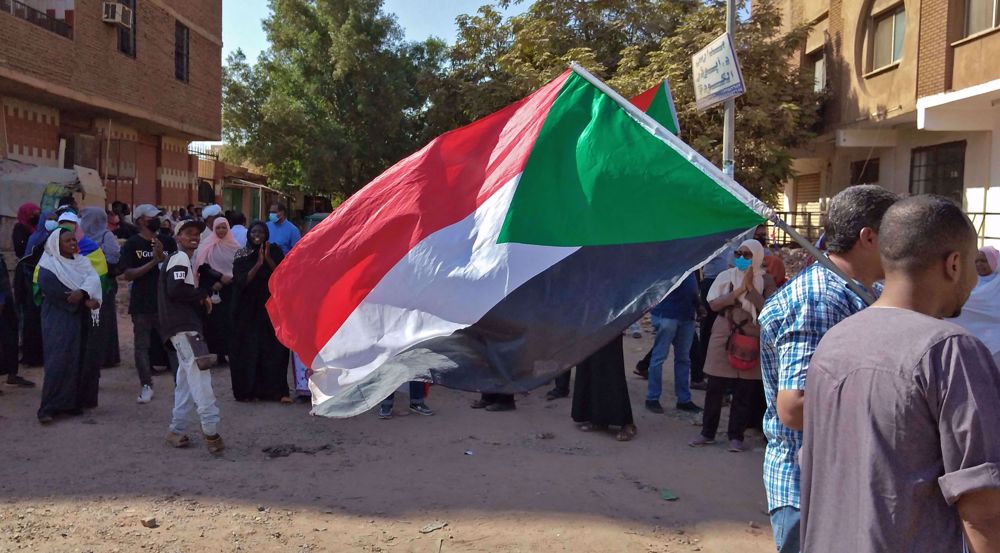
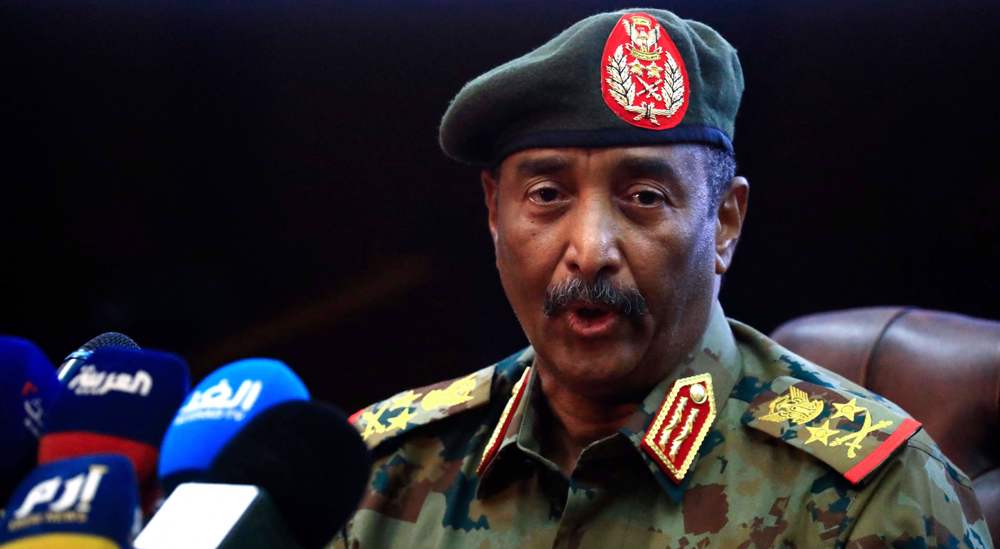

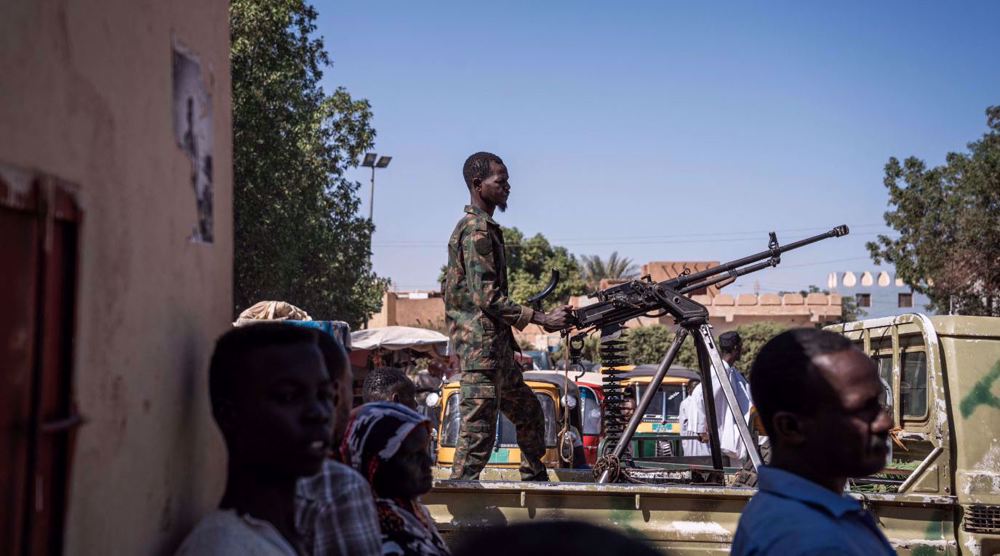
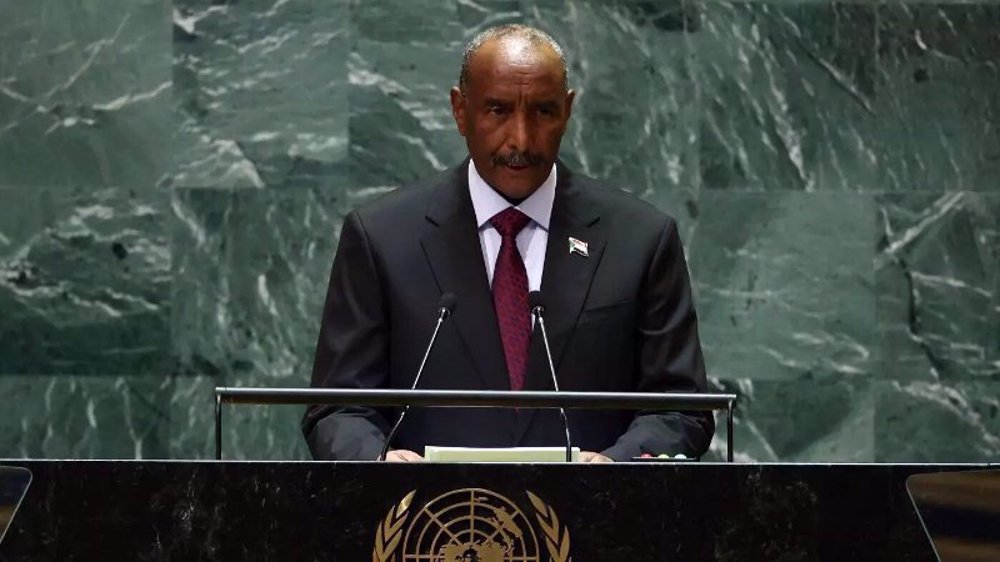



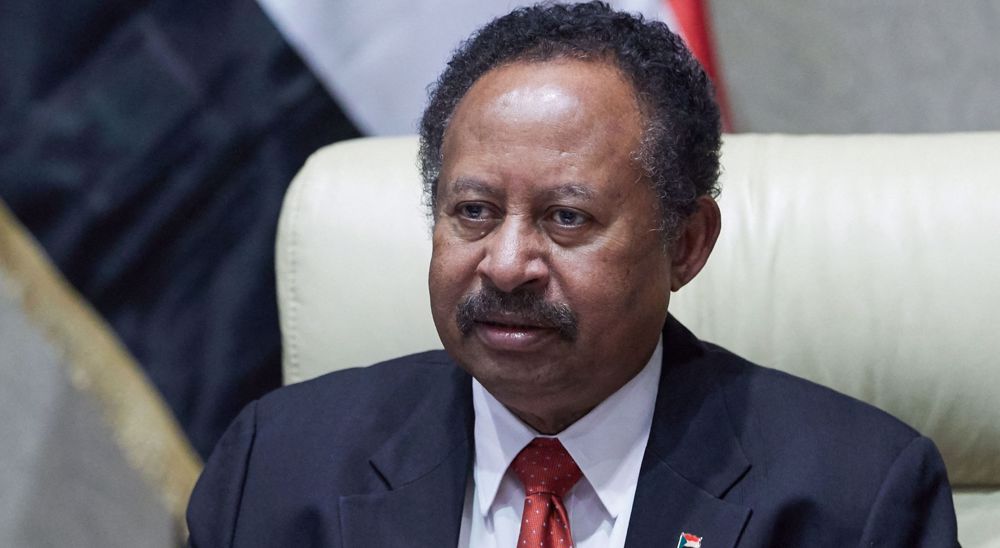
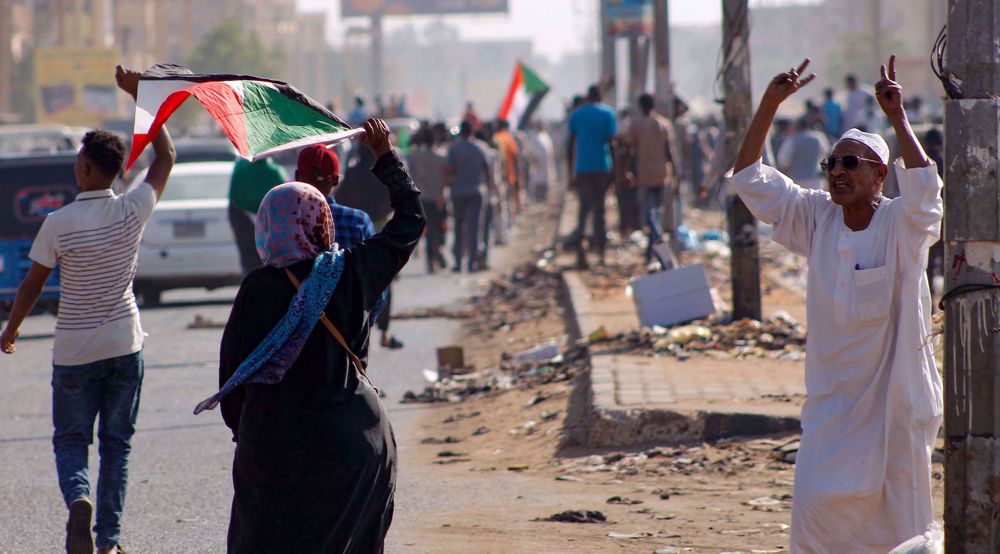
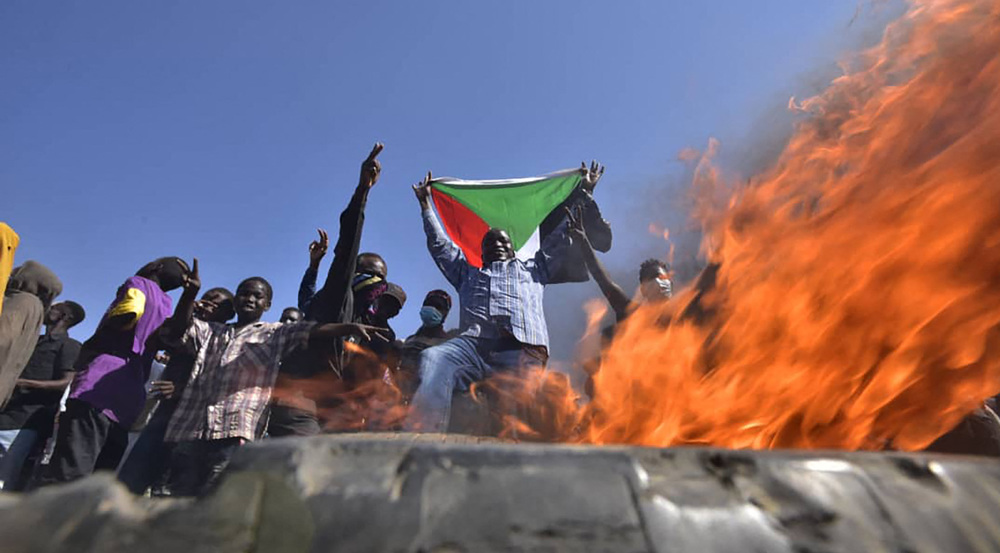

 This makes it easy to access the Press TV website
This makes it easy to access the Press TV website